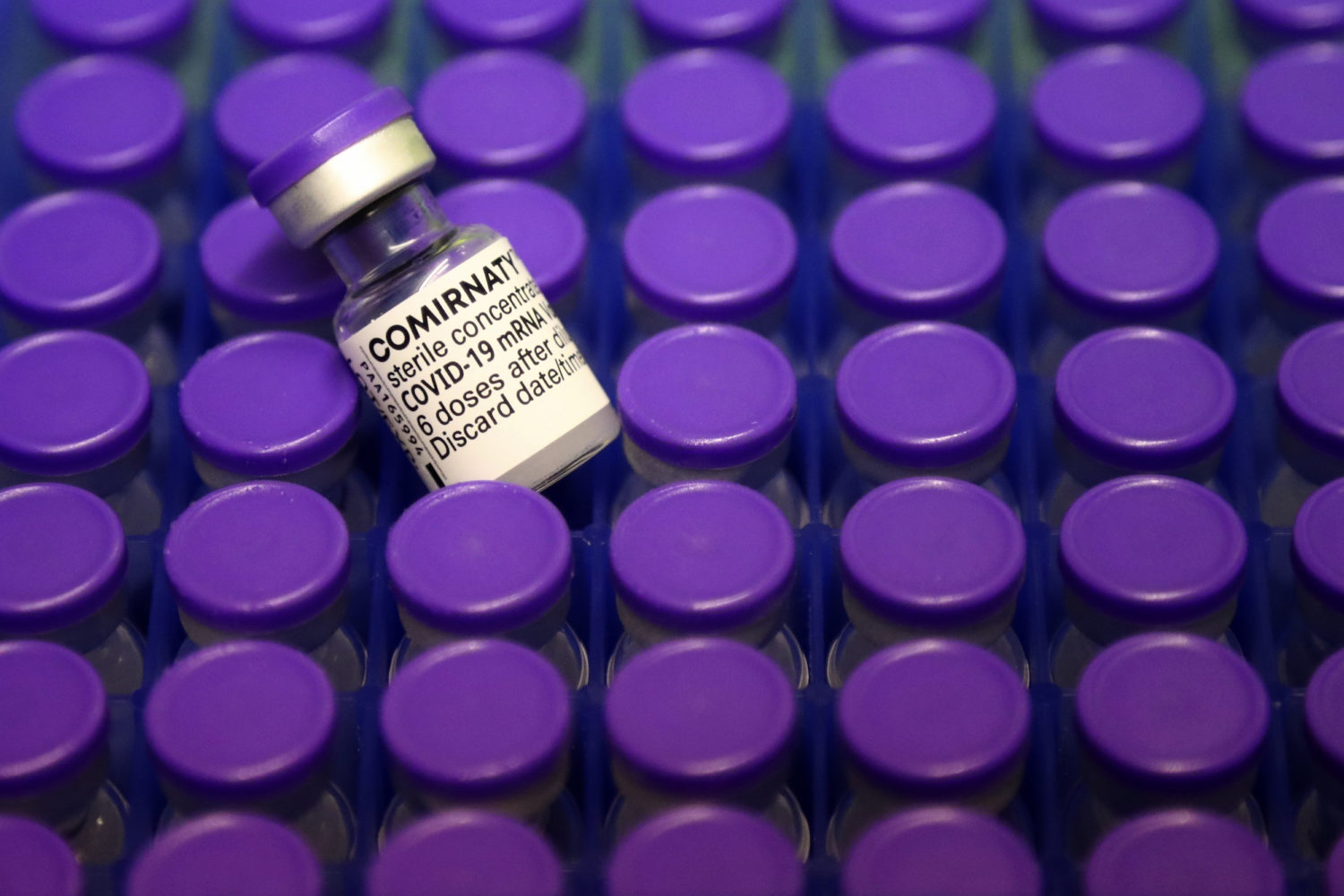Let’s get you caught up on the terminology you will hear a lot in the next couple of days.
Pfizer applied for and on Monday morning received a Biologics License Application, or BLA, with the U.S. Food and Drug Administration — which means its vaccine has been given full approval. When the company initially applied, BioNTech CEO Dr. Uğur Şahin said, “Following the successful delivery of more than 170 million doses to the U.S. population in just a few months, the BLA submission is an important cornerstone of achieving long-term herd immunity and containing COVID-19 in the future.”
A year ago, Pfizer and Moderna collected data from tens of thousands of volunteers, half of whom took the vaccine and half of whom got placebos. The Pfizer trial involved 43,000 participants, while 30,400 people took part in the Moderna trial.
Emergency use approval required the drug companies to follow the volunteers for two months after vaccination. Experts say two months is usually enough to know what reactions we can expect from a vaccine.
But full approval requires at least six months of data. Massive amounts of evidence are collected that can lead the FDA to issue warnings for possible side effects, as it has done with the Johnson & Johnson vaccine.
The FDA once required the drug companies to complete their data collection and submit it, but now the FDA has a “Fast Track” system that allows companies to collect and submit data on a rolling basis to speed the time it takes to get medicines and treatments to market faster.
FDA approval does not change who should take the vaccine. It still will not likely be approved for younger children since those drug trials are still underway.
But full approval does allow Pfizer to directly market the vaccine to the public. For example, all of those pharmaceuticals that you see in TV commercials required that the FDA fully approved those drugs first.
Full approval also pretty much closes the door on any other companies who come up with new vaccines and want fast approval. The FDA’s rules spell out that emergency approval is only given when “there is no adequate, approved, and available alternative.” And full approval allows the Pfizer vaccine to remain available even when the official “emergency” ends.
Here’s why full approval for Pfizer’s vaccine matters.
This article was originally published by PolitiFact, which is part of the Poynter Institute. It is republished here with permission. See the sources for these fact checks here and more of their fact checks here.







